In Africa and Madagascar, the Salesians of Don Bosco run 103 TVET centers across 35 countries where more than 35,000 young people are imparted with technical and vocational skills.
Br. John who has, since 2001, worked in technical institutions in a number of African countries and in other continents, spending 14 years as head of a TVET institution in Uganda notes that countries in East Africa have made remarkable efforts to promote the TVET sector where the sector has, for long, been regarded as a lesser field.
He highlights the cases of Kenya, Uganda, Rwanda and Tanzania where he says strategies have been put in place to continue imparting basic level technical skills among young people to contribute to the various governments’ development agendas.
In Kenya where the Salesians run five TVET centers, for instance, reports indicate that students who qualify for university enrollment are opting for TVET institutions instead. The Salesian Brother attributes this to political debate that drum up support for middle-level colleges, increase in funding to the institutions as well as the economic context in the Eastern African country where many university graduates are unemployed.

(Story continues below)
“Young people can see for themselves that while graduates struggle to get jobs, those with technical skills are able to put food on their tables without waiting for anyone to employ them,” he says.
In Rwanda, Br. John says he was brought on board by the government in 2015 to work on a strategic plan that will see the country achieve more graduates from technical institutions than those in universities. The country, he says, aims to have 75 percent of graduates coming from the TVET sector by 2022, while a paltry 25 percent will be university graduates.
In Tanzania, Don Bosco Oysterbay offers training in five technical courses including carpentry, electrical, mechanics, secretarial and welding together with aluminum works.
 “Tanzania is especially remarkable because the government works well with the industry and NGOs to support young people in Technical and vocational centers. This support is worth emulating by other African countries,” says Br. John.
“Tanzania is especially remarkable because the government works well with the industry and NGOs to support young people in Technical and vocational centers. This support is worth emulating by other African countries,” says Br. John.
Away from Africa, the Salesians are regarded as the single largest provider of vocational and technical training in the world, offering more than 1,000 vocational, technical, professional and agricultural schools around the globe.
This training provides youth the practical skills to prepare for employment and helps them lead productive lives while becoming contributing adults in their respective communities, the Salesians have asserted.
“These programs go beyond educating. They also assist youth with making connections within industries and preparing them for the process of searching, finding and retaining employment,” the leadership of Salesian Missions, the U.S.-based development arm of the Salesians of Don Bosco, has indicated in a report shared with ACI Africa and published Wednesday, July 15 on the occasion of the World Youth Skills Day.

“We know that access to education lays the foundation for a better future for all youth and that work must continue even as we face a global health crisis,” says Father Gus Baek, the Director of Salesian Missions.
He adds in the July 15 report, “In many countries around the globe where poverty is high and access to education is not universal, it is crucial that Salesian missionaries continue to offer technical and vocational training to as many youths as possible to ensure that they have access to long-term stable employment.”
The theme for this year’s World Youth Skills Day is “Skills for a Resilient Youth” and explores the issues faced by educational systems during the COVID-19 pandemic, according to the report Salesian Missions shared with ACI Africa.
“Salesian Missions, the U.S. development arm of the Salesians of Don Bosco, joins humanitarian organizations and the international community in celebrating World Youth Skills Day, which has been celebrated each year on July 15 since 2014,” SDB members say in their communique.

They added, “The United Nations designated the day as a way to bring greater awareness of and discussion on the importance of technical and vocational education and training and the development of other skills relevant to both local and global economies.”
In reference to the theme of this year’s World Youth Skills Day, the leadership of the Salesians of Don Bosco notes that a huge percentage of learners have been adversely affected by COVID-19 restrictions and that those in TVET institutions have not been spared.

The Salesians quote United Nations Educational, Scientific and Cultural Organization (UNESCO), which estimates that nearly 70 percent of the world’s learners are affected by school closures across education levels as a result of COVID-19 and the lockdowns that followed.
“While distance training has become a common way to educate, there are considerable difficulties,” the Salesians say, and add, “UNESCO reports that curricula adaptation, trainee and trainer preparedness, connectivity, or assessment and certification processes are all challenges faced by those providing education remotely.”
Agnes Aineah is a Kenyan journalist with a background in digital and newspaper reporting. She holds a Master of Arts in Digital Journalism from the Aga Khan University, Graduate School of Media and Communications and a Bachelor's Degree in Linguistics, Media and Communications from Kenya's Moi University. Agnes currently serves as a journalist for ACI Africa.
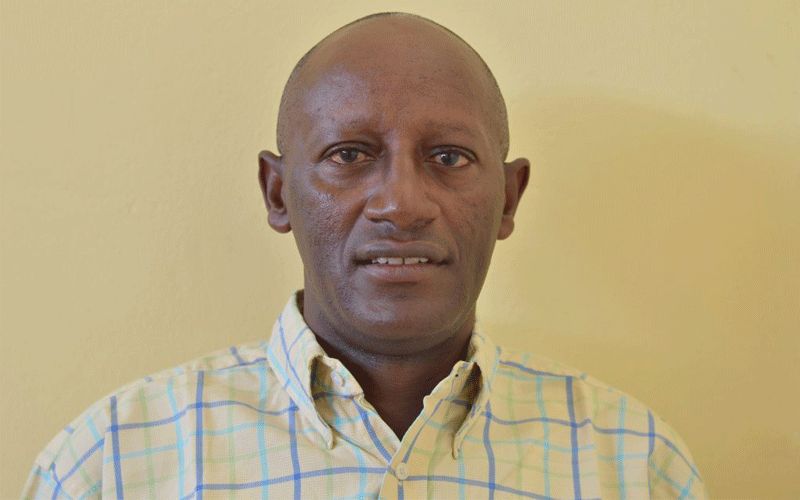



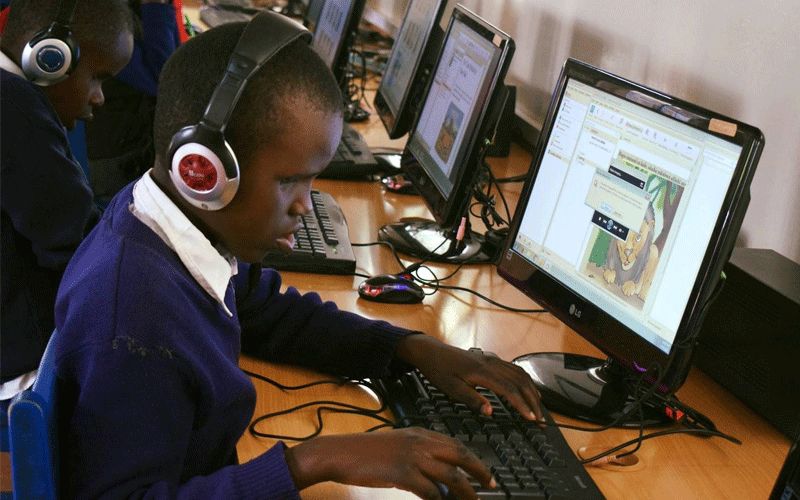
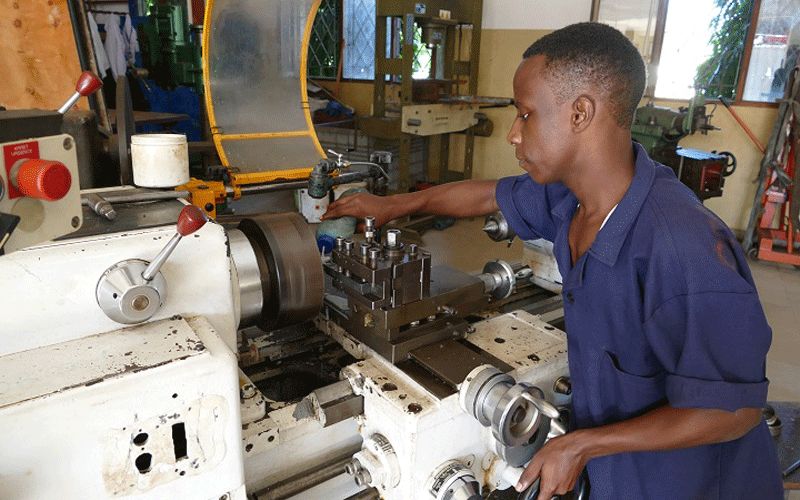
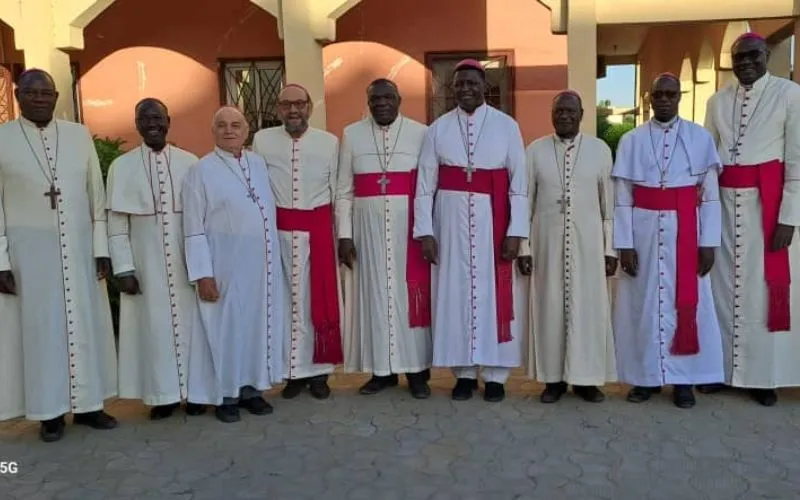
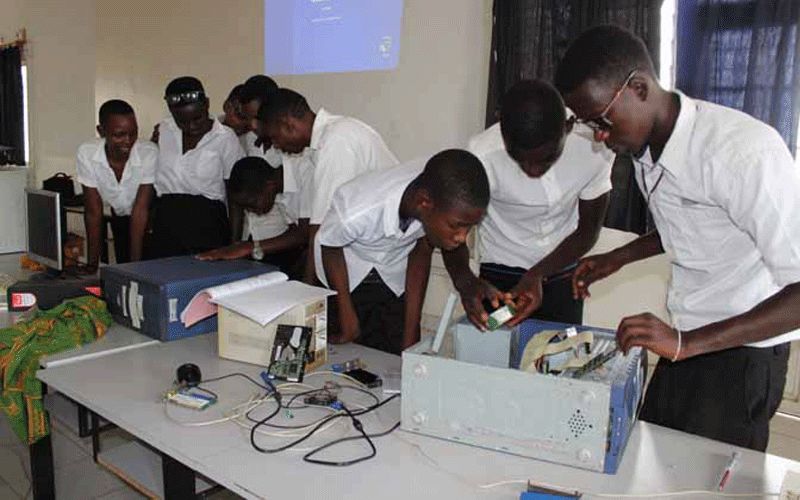

 “Tanzania is especially remarkable because the government works well with the industry and NGOs to support young people in Technical and vocational centers. This support is worth emulating by other African countries,” says Br. John.
“Tanzania is especially remarkable because the government works well with the industry and NGOs to support young people in Technical and vocational centers. This support is worth emulating by other African countries,” says Br. John.





